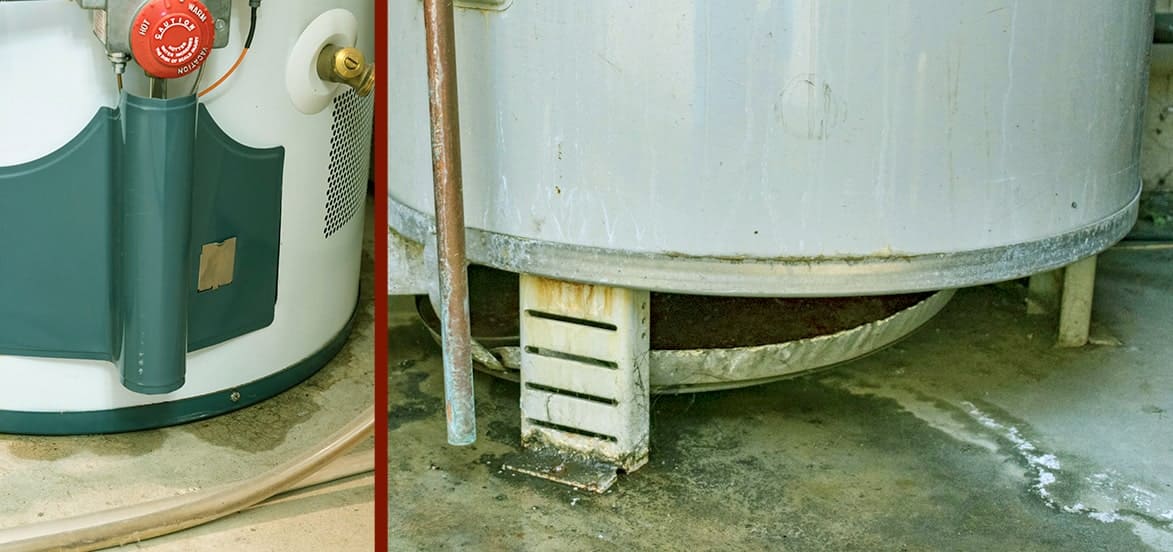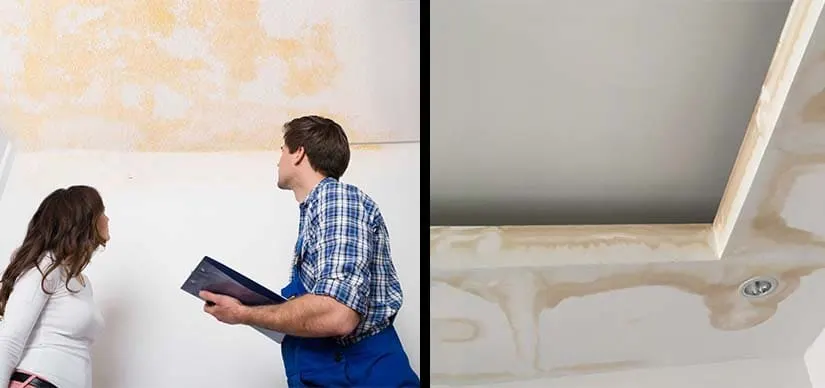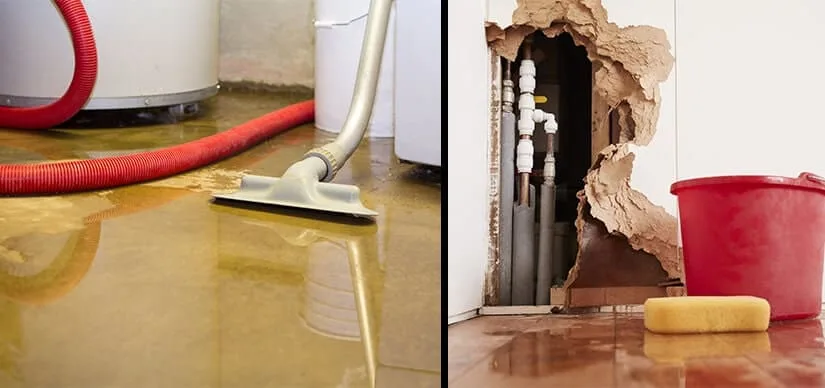9 Common Causes for Water Heater Leaks
Views : 1227

What would cause a hot water heater to leak?
The following are the most common reasons for water heater leaks.
Old tanks:
Water heaters that are more than 15 years old might develop leaks more often than new ones. Its components weaken with time, and slow heating or partial heating issues occur as well. Rust may accumulate in the tank of an old water heater, causing leaks. Corrosion occurs as a consequence, allowing water to escape via fissures. If the water heater is near the end of its lifespan and many components need replacements, the best choice would be to buy a new water heater unit.
Drain valve:
Homeowners use the drain valve to clean the tank. Water might escape via this valve when it gradually loosens. If you are wondering, “what would cause a hot water heater to overflow,” this is one of the reasons. However, leaks from the valve’s base indicate that the item is not watertight. In this case, a new drain valve is necessary. It is best to contact a plumber offering tankless water heater repair in Riverside.
Too much pressure:
Water heaters deal with the natural water pressure that plumbing fixtures provide. Pressure builds up in water heaters as a consequence of the hot water producing steam, which fills the area. When there is nowhere for the steam to go, the pressure rises. Water may escape through any heater crack, releasing some of the pressure. When the water temperature is set too high or when water enters the system under high pressure, the heater pressure increases.
Faulty temperature and pressure relief valve:
Another cause of water heater leaks is a faulty temperature and pressure relief valve. This valve helps to reduce the internal pressure of the tank. While this valve is closed, the pressure within the tank increases. If the valve is loose, it may only need to be tightened on occasion. However, if the component is damaged, a new one must be obtained. Lower the tank pressure before resolving T&P valve issues.
Connections for inlet and outlet:
The input connection of a water heater accepts cold water, whereas the output connection discharges hot water. Because of these connections, your water fittings may now get hot water. Over time, they get looser and begin to leak. Other issues with the inlet and output connections are quite rare.
Internal storage tank:
Tank water heaters complete their procedures by using two shells. The exterior shell insulates the water-holding internal shell. A final metal coating is applied to both shells. Water heater inner shell leaks are difficult to detect but are usually caused by wear and tear over time. This kind of leak cannot be seen from the tank’s outside.
Sediment gathering:
Over time, sediment accumulates at the bottom of water heater tanks. This is a rare occurrence for homeowners that frequently clean the water out of the tank. If the tank is not emptied to be cleaned, silt builds up until fractures occur. Water may get into these gaps. Keep the tank clean on a semi-regular basis since tank leaks demand the purchase of a new water heater, which is pricey.
Storage tank has a crack:
Some water heaters feature an auxiliary tank to enhance the amount of water they can store. These tanks are sometimes lined with glass. Over time, minerals accumulate and calcify on the glass. As a consequence, the glass shatters and begins to leak water. Furthermore, the expansion of hot water compresses the glass, resulting in tiny fractures. Replacements are necessary in both cases.
Rod anode:
Corrosive chemicals are attracted to the anode rod of the water heater to keep the water heater safe. Water heater leaks occur when the anode rod is so extensively corroded that it is nearly nonexistent. There is a water leak where the anode rod used to be. Replacement of the rod will solve the problem in most cases.
Water Heater Leak Prevention
Most water heater leaks may be prevented by homeowners. These measures often take little time, are easy, and totally halt leaks. While some leaks are inevitable, most homeowners have more control over leaks than they realize.
The most important feature of leak detection is reaction time. The sooner a leak is discovered, the less probable it is that major water damage will occur. Homes that take preventative measures, on the other hand, never have leaks. You may be wondering, “How can I stop my water heater from leaking?”
How do I stop my Water Heater from Leaking?
Tighten any loose screws:
First, verify the water heater’s components to ensure they are securely secured. Water leaks may be avoided by tightening components as needed. All you need is a wrench.
Maintenance that is preventative:
A plumber does periodic maintenance on the water heater to keep it leak-free. Plumbers can inspect the complete plumbing system during maintenance checks, which includes the water heater. They check to see if there are any active leaks and carefully inspect each component to determine whether they could lead to leaks.
Drain and clean tank:
Due to sediment buildup, a clean water heater tank is less likely to crack. The tank can be cleaned by homeowners themselves. To remove any mold and mildew growth, use a bleach-water solution after using the drain valve to drain the water. This not only raises the standard of the water but also protects the tank from damage during sediment collection.
Respond quickly:
Homeowners avoid severe consequences by responding quickly to any water heater leaks. Flooding is more likely to happen if leaks continue for a long time. Additionally, the heater may explode if tank pressure builds for too long without being relieved. To prevent these occurrences, fix leaks right away.
Check the water heater frequently:
Last but not least, in addition to maintenance inspections, householders must also assess their water heaters. Check for loose pieces, look for cracks, and deal with any sediment buildup you uncover. To be aware of problems or breakdowns, homeowners must monitor their water heater.
Conclusion
You now know the potential causes of water heater leaks. You must determine whether the problem is related to silt buildup, the tank’s interior, a broken pressure relief valve, a high pressure, or connections with the inlet and outflow. To keep the water heater from leaking once more, however, perform routine water heater maintenance. If the device starts having issues, you won’t have to pay much attention.
More importantly, ask a water heater repair professional in Riverside for assistance. In this manner, using the water heater won’t present any problems at all. You avoid headaches and tension by doing this. Additionally, you won’t experience water leaks, which are a common problem for homeowners.

.jpg)


